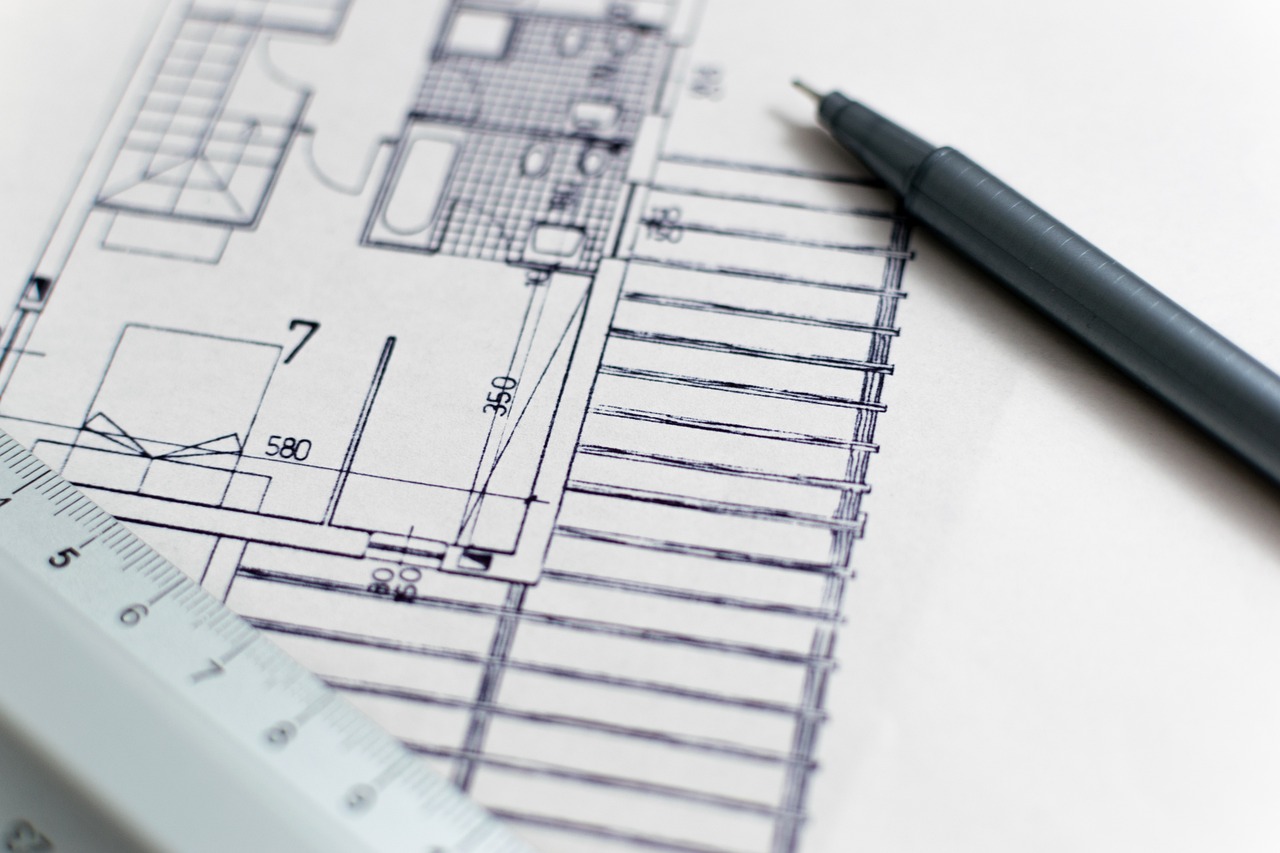Adjusting your real estate pricing strategy after interest rate changes can have both pros and cons for promoters. Let’s explore them in detail:
Pros:
- Attracting more buyers: Lower interest rates generally make borrowing more affordable, which can attract a larger pool of potential buyers to the real estate market. By adjusting your pricing strategy to reflect the lower rates, you may make your property more appealing to buyers who are motivated to take advantage of favorable financing conditions.
- Increased affordability: Lower interest rates can increase the purchasing power of buyers. When you adjust your pricing strategy to reflect the lower rates, it can make your property more affordable, potentially attracting buyers who were previously hesitant due to higher rates.
- Competitive advantage: If other sellers in your market have not adjusted their pricing strategies to reflect the interest rate changes, you may gain a competitive advantage by doing so. Your property may stand out as a more attractive option compared to similar properties that have maintained their pricing.
- Faster sales process: Adjusting your pricing strategy in response to lower interest rates can potentially lead to a faster sales process. With increased affordability and a larger pool of interested buyers, you may be able to sell your property more quickly and avoid prolonged listing periods.
Cons:
- Perception of desperation: Adjusting your pricing strategy after interest rate changes may give the impression that you are desperate to sell. Some buyers might interpret the change as a sign that there is something wrong with the property or that you are in a rush to offload it. This perception could lead to lower offers or negotiation leverage for buyers.
- Potential loss in profitability: Lowering the price of your property to align with lower interest rates may result in a reduced profit margin. If you purchased the property at a higher price or have invested in renovations or improvements, adjusting the price downward could impact your potential returns.
- Limited impact on overall demand: While lower interest rates can stimulate buyer interest, adjusting your pricing strategy alone may not significantly impact overall demand if there are other factors affecting the real estate market, such as economic conditions or housing supply. Lowering the price may not guarantee a substantial increase in buyer interest or a faster sales process.
- Market perception and comparables: Adjusting your pricing strategy can affect the perceived value of your property in relation to similar properties on the market. If you lower your price too much, it may set a lower benchmark for comparable properties, potentially affecting their pricing strategies as well.
Conclusion:
Adjusting your real estate pricing strategy after interest rate changes can have both positive and negative implications. It’s important to consider the specific dynamics of your local market, the impact of interest rate changes, and the potential consequences of adjusting your pricing strategy. Consulting with a real estate professional or financial advisor can provide valuable insights tailored to your specific situation, helping you make informed decisions that align with your goals.


